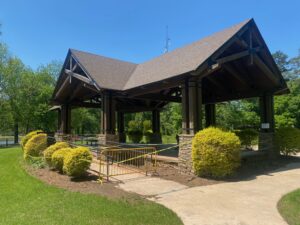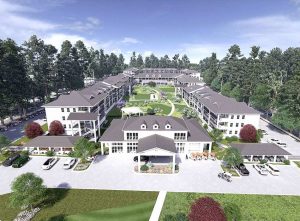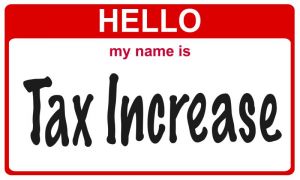The final two public hearings on Peachtree City’s property tax increase are slated for Thursday at 7:30 a.m. and sometime during the City Council’s regular 7 p.m. meeting. Both will be in council chambers at City Hall.
Councilman Eric Imker is expected to finally reveal his decision on the millage rate, which currently is deadlocked at a 2-2 tie among the rest of council, with two in favor of a 0.5-mill hike and two in favor of a 1.25-mill hike. At the end of the public hearing at the council meeting, council is expected to vote on the millage rate increase.
At both hearings the public will have a chance to weigh in with their opinion about the millage rate.
In a letter to the editor this week (on Page A6), Imker said that if the City Council would have enacted a 0.75-mill increase two years ago, or a 1-mill increase last year, the city would have been able to address the $18 million budget shortfall over the next five years.
“By dodging the problem for the last two years the citizens will have to pay more in the end,” Imker wrote.
Imker noted that he has advocated $2 million in potential savings in the 2010-2011 budget including cuts that would not reduce services, and ideas for future revenue, but he knows council must come to a compromise to resolve the millage rate impasse.
Without budget cuts and/or additional revenue, the city will exhaust its cash reserves and go bankrupt by 2013, Imker said. He is still making a case for pay cuts for city employees, a suggestion that the rest of council has so far resisted.
Imker said while he respects the city’s hardworking employees, “I am not in the business to protect city employees from the economic situation we’re so obviously in.”
As for the stalemate over the property tax rate, Councilwomen Kim Learnard and Vanessa Fleisch have supported the 1.25-mill increase which would result in a $108 a year increase on a home valued at $272,000.
Mayor Don Haddix and Councilman Doug Sturbaum have said they prefer a more austere 0.5 mill increase which would result in a $43 a year increase on that same $272,000 home.
The 1.25-mill increase would eat away at more than half of a projected $18 million shortfall over the next five years. Most of the shortfall is blamed on the end of the funding from the city’s share of the recently-expired countywide transportation sales tax and the likely lower take the city will have in the future from regular sales tax revenues because other areas in the county will grow more compared to the city’s population.
Those sales tax revenues are calculated based on each jurisdiction’s share of the county’s overall population.
Imker also noted that council will be voting on new budget recommendations that could help the city avoid such large future budget shortfalls.
He also warns that in fiscal years 2013 through 2015, the city will be spending down its cash reserves by $5.5 million to balance those budgets.










Leave a Comment
You must be logged in to post a comment.